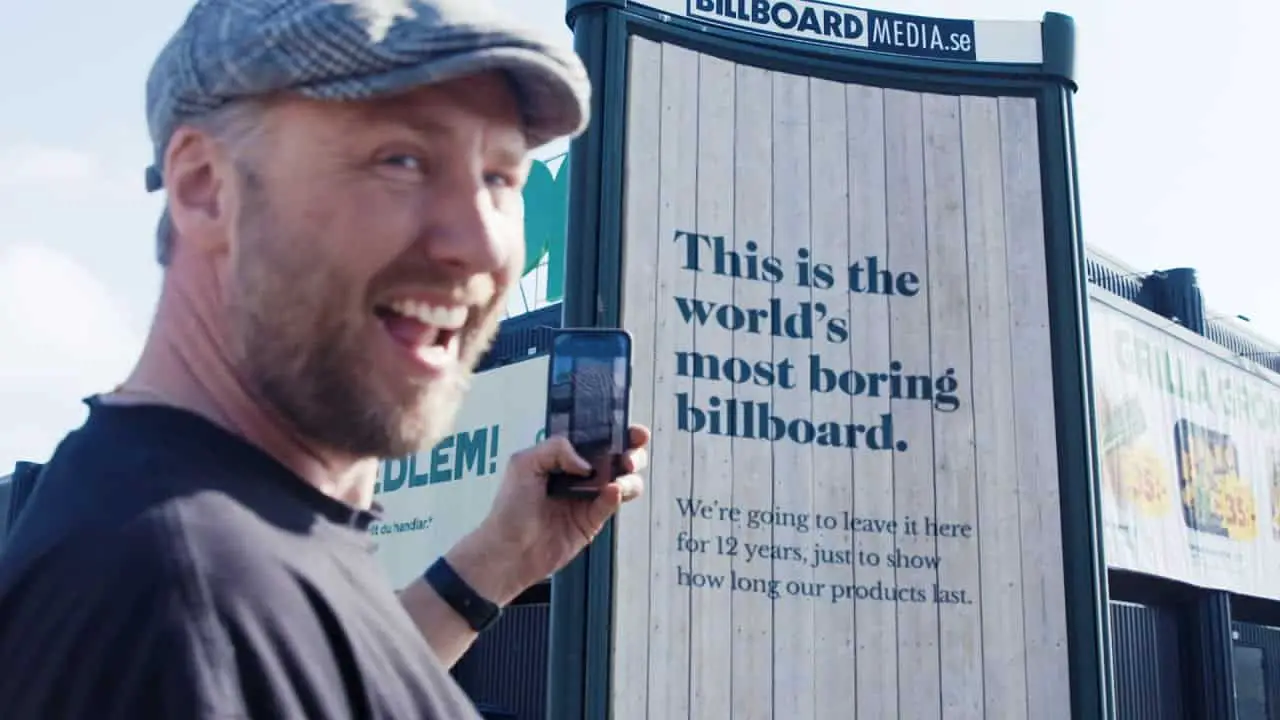

These people are backing a new campaign group called Leave Our Kids Alone which aims to combat, annihilate really, our old friend ‘pester power.’ And the obvious way is to ban ads (presumably now including online this and that) aimed at young children.
LOKA co-founder Jonathan Kent puts his case in the Guardian here.
Some opponents of advertising to children are opponents of advertising period: seeing it as the motor of a nasty, materialistic society. To some extent it is of course, but so is capitalism in the round and no-one has produced a more robust economic model.
But do young kinds have to part of it?
There are two main reasons why such a ban will be widely opposed: toy and game companies should be free to promote their wares as long as they stick to the rules and, without advertising, there would be no non-state broadcasting to children – which many people (possibly not including LOKA supporters) would see as dangerous.
There’s also the wider question of children’s personal rights (to see what they choose to see) but let’s not go there.
What’s likely to happen? Very likely further restrictions on ads aimed at children and further pressure of children’s broadcasters. If the EU decides to wade into the argument there will be trouble.









Stephen
we are not suggesting that there should be no advertising of childrens products, simply that the advertising needs to be targetted at parents not small children. It means childrens channels would need to find new models, like subscription. The subscription model is very well established in the UK. People spend money on their children. However a subscription model gives back parents a degree of control.
You say; “There’s also the wider question of children’s personal rights (to see what they choose to see) but let’s not go there.” I think you do need to go there and set out what you see as the rights of children under 11 to see what they choose as against the rights of parents to decide what they’re children see. Do you disapprove of parental internet controls for instance? Do you think children should be allowed to choose to watch inappropriate material? If you could be clearer we might be able to judge whether your point stands up.
Advertisers target small children because it’s more effective than targetting parents. That’s because small children lack the critical faculties that allow adults to make informed choices and determie something’s true value for themsleves. That’s why we educate our children. It’s also why it’s very hard to make a moral case for allowing advertisers to continue to exploit the very young.
I think the issue of parents deciding what children see is a bit more more complicated than you suggest.
At what point can they be deemed able to make their own minds up?
Do we, parents, actually know?